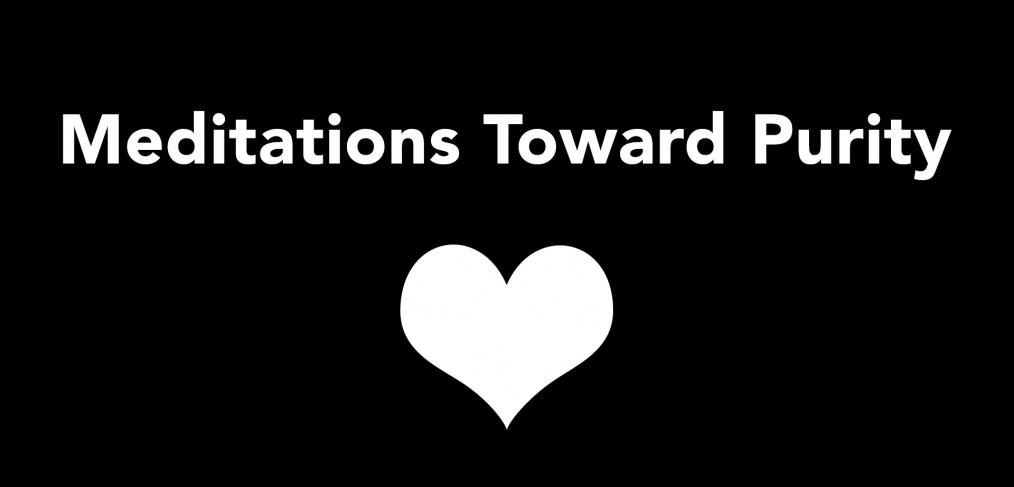Next month marks my 60th birthday. I would not be honest if I didn’t tell you that I struggle with growing old. I tend to fixate on what is lost and what is past, what will no longer be, rather than what has been gained and is now possible. Yes, silly, I know, but that’s where I am. It has not just readily fallen into place for me.
Solomon brings wisdom and clarity to the subject of aging, its significance and its advantages in Proverbs 20:29.
The glory of young men is their strength,
And the honor of old men is their gray hair.
Here are the relative advantages of youth and age. The young are strong. They have energy, capability to do, vigor, and youthful beauty.
The old have lived long, and through their success and failures have (normally) increased in wisdom. Frequently they have advanced in responsibility and authority, and therefore honor. The gray hair is emblematic of all this.
Our culture is fixated upon youth, human beauty and physical attractiveness. We are unable to accept what is lost in the process of aging, because we value beauty and youth over wisdom. Furthermore, we fear the loss of strength and the approach of death. Yet God through Solomon tells us that while the glory of young men is their strength, there is a peculiar honor that is associated with old men. It is not the same as the glory of youth, strength and attractiveness, though there is a particular beauty in gray hair and a serene acceptance of who I am as an older person. What is this honor? What is gained? This honor is the wisdom that accrues to the person who has lived long and learned from the process. This honor is the respect that is accorded to and often the authority invested in the wise older person.
Solomon gives me a new, game-changing perspective. Getting older is not just about losing the vigor and beauty of youth, but aging brings with it a peculiar honor and advantage. Getting older actually brings something to seek and to celebrate! Here is a whole new perspective for us to get and to maintain.
Let’s focus on and value what is gained in the aging process. Wisdom. The entire book of Proverbs is written in praise of wisdom; it is written to call the young to prize and seek wisdom. The good news is that wisdom is what we have been gaining (hopefully) as we have walked along this road of life. Wisdom. Learning how to live. Learning how to avoid the waste of our lives and energies. Learning to be cheerful, patient, loving, diligent, pure and virtuous. And in so doing, earning the respect of others and becoming a model (though imperfect) for the young as to how to live wisely.
What is gained is more, much more, than what is lost. It ain’t so bad to get old!


